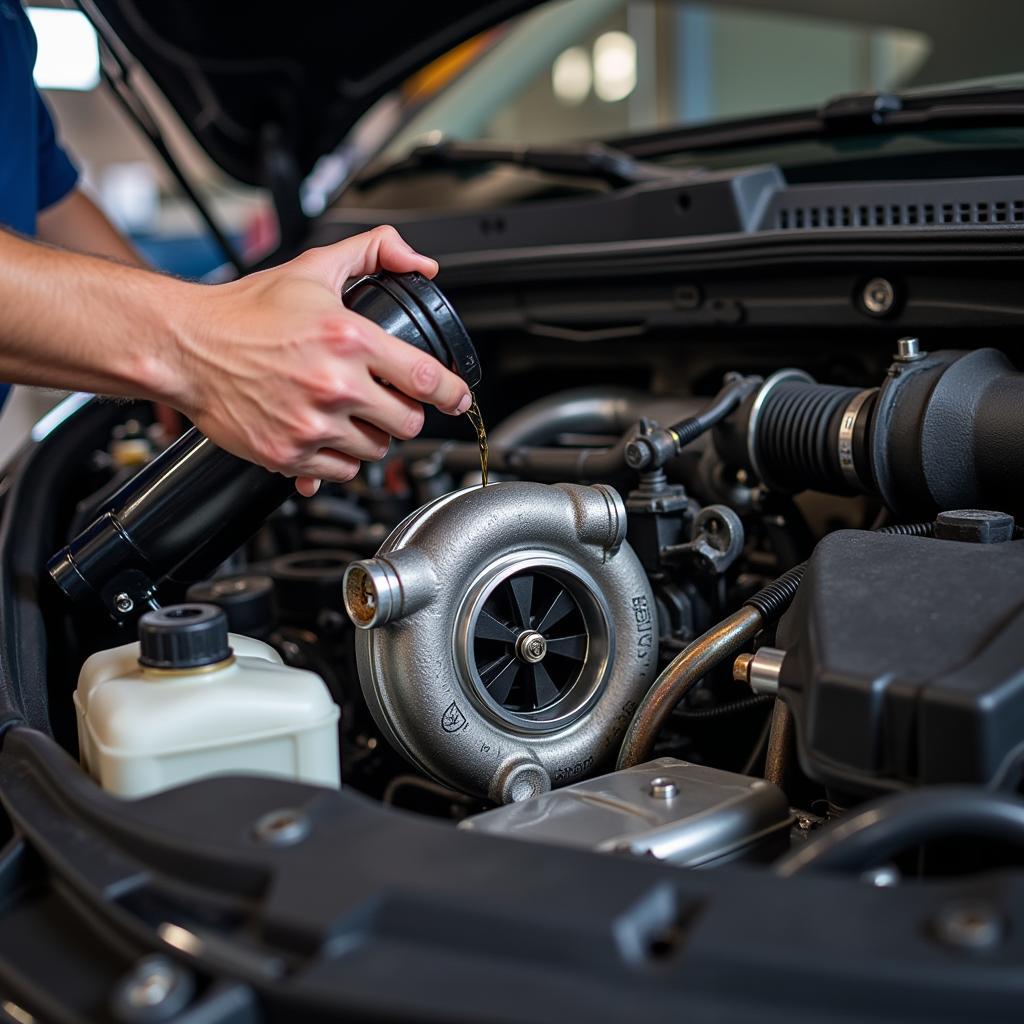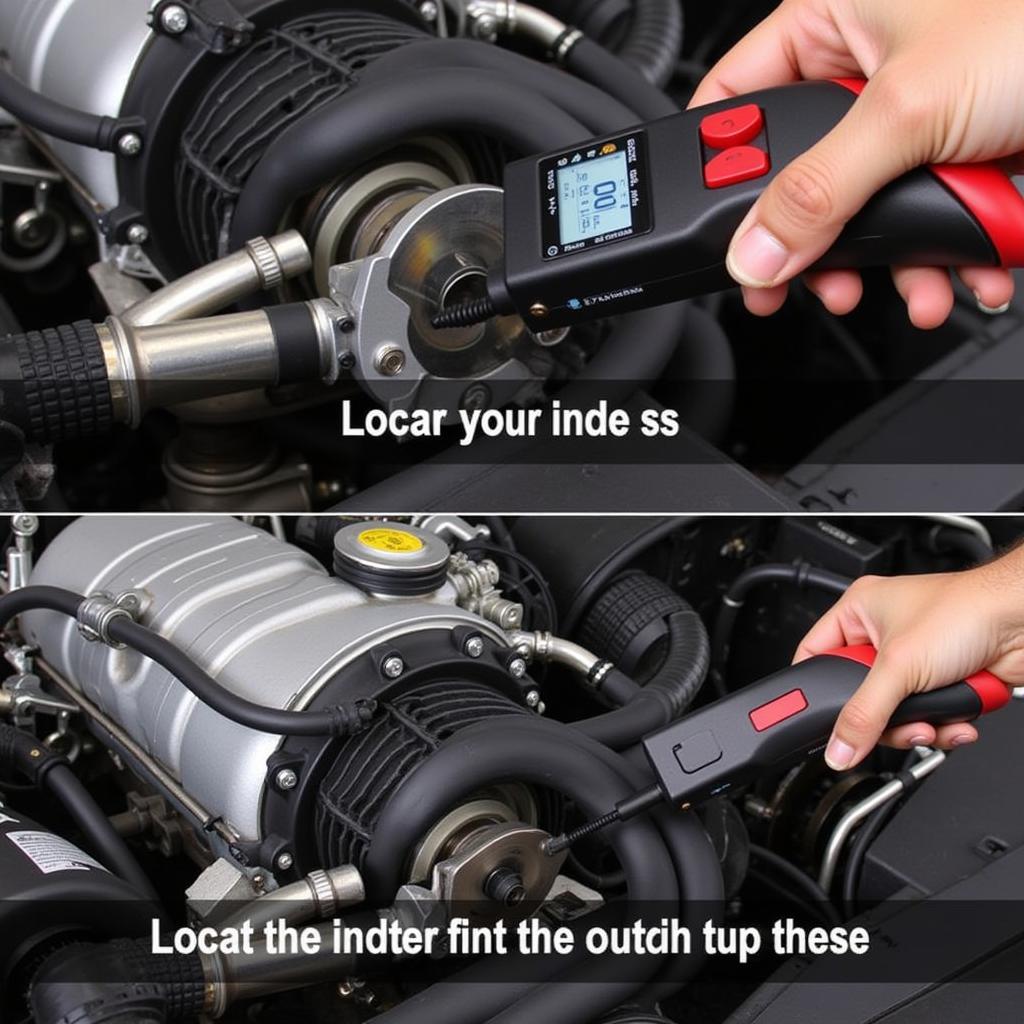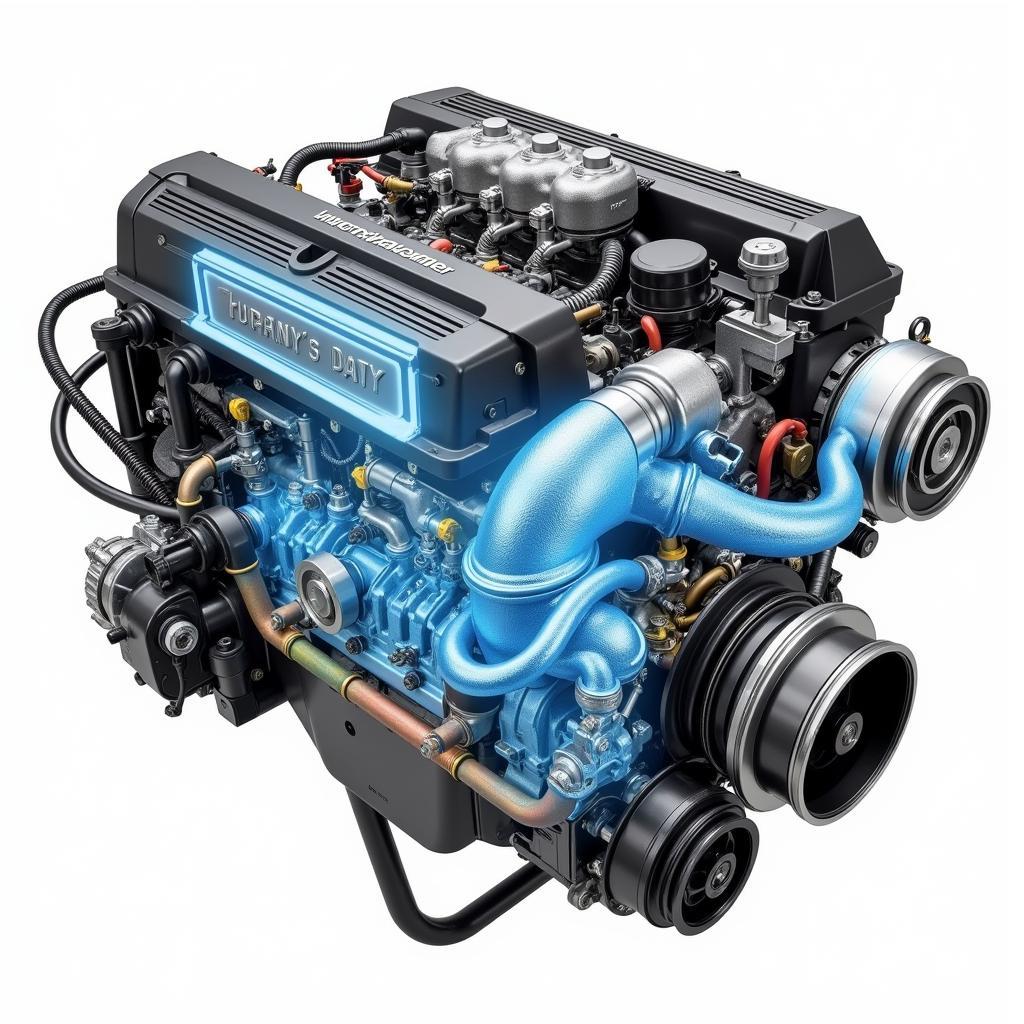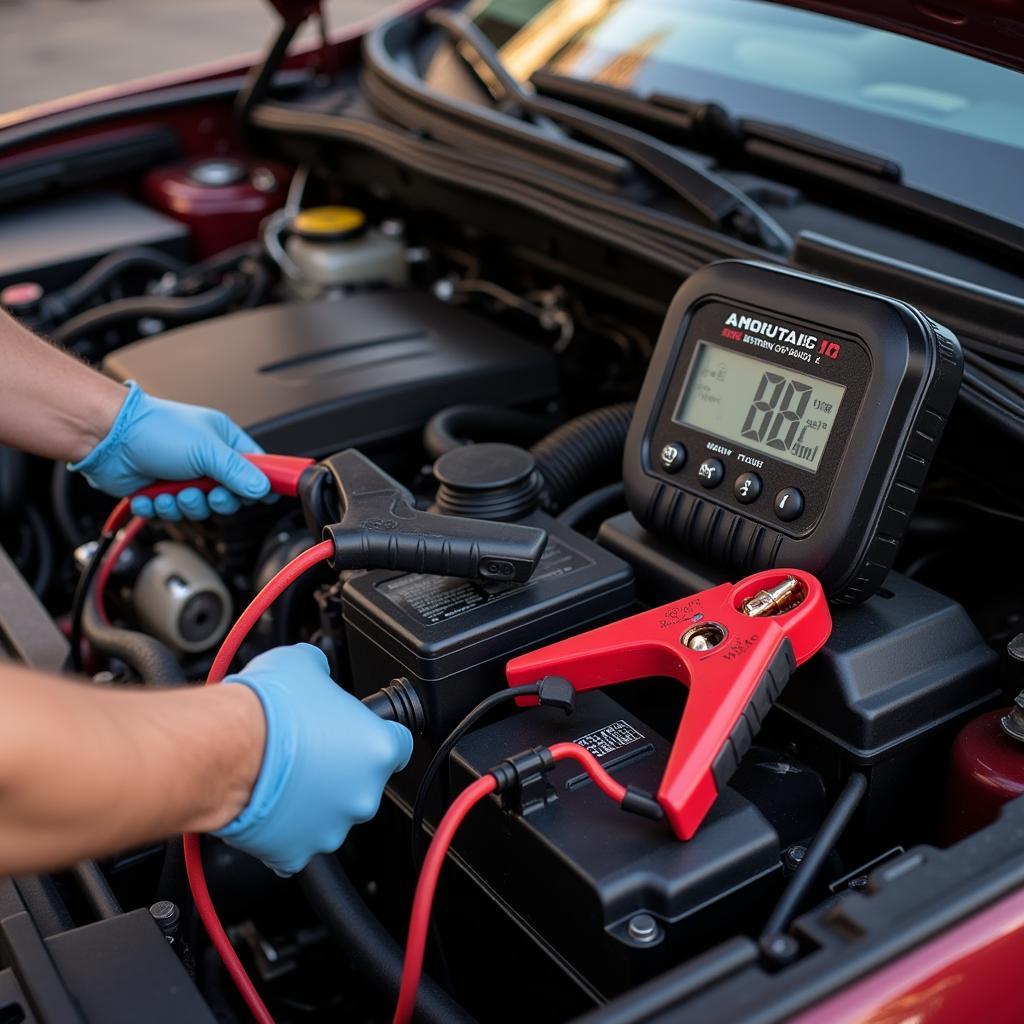Turbocharged cars offer exhilarating performance, but a common question lingers: Do Turbo Cars Require More Maintenance? The simple answer is yes, they generally require a bit more attention than their naturally aspirated counterparts. However, with proper care and understanding, owning a turbo car doesn’t have to be a burden on your wallet or your time.
While many modern turbocharged vehicles are designed for reliability, the added complexity of a turbo system introduces specific maintenance needs. Understanding these needs is crucial to ensuring the longevity and performance of your turbocharged engine. Ignoring these specific requirements can lead to premature wear and tear, costly repairs, and a diminished driving experience. So, let’s delve into the intricacies of turbo car maintenance and dispel some common misconceptions.
After the break-in period, it’s important to understand the manufacturer’s recommended service intervals for components like spark plugs, air filters, and fuel filters. For a list of cars that demand substantial upkeep, check out this high maintenance cars list.
Understanding the Turbocharger’s Demands
A turbocharger works by forcing compressed air into the engine, resulting in a significant power boost. This increased power output puts additional stress on various engine components, including the oil system, cooling system, and ignition system. Consequently, these systems require more frequent checks and maintenance to ensure optimal performance and prevent potential issues.
Oil Changes: The Lifeblood of Your Turbo
Turbochargers operate at extremely high temperatures and speeds, relying on a constant supply of clean oil for lubrication and cooling. Using the correct oil type and adhering to stricter oil change intervals is crucial. Ignoring this can lead to oil coking, where oil degrades and forms deposits that restrict oil flow, ultimately damaging the turbocharger.
 Turbocharger Oil Change Importance
Turbocharger Oil Change Importance
Cooling System Care: Keeping Things Cool Under Pressure
The intense heat generated by the turbocharger also necessitates a robust cooling system. Regular coolant flushes and checks for leaks are essential to prevent overheating, which can warp engine components and damage the turbo. A well-maintained cooling system is paramount for a healthy turbocharged engine. For insights into maintenance costs associated with various manufacturers, refer to car manufacturers maintenance cost.
Why Regular Inspections are Key
Regular inspections go beyond standard maintenance. They involve a thorough check of the turbocharger system, including checking for boost leaks, inspecting the wastegate actuator, and examining the intercooler for damage. Identifying potential problems early can save you from costly repairs down the road.
Boost Leaks: A Silent Performance Thief
Boost leaks, often caused by loose or damaged hoses, can significantly reduce engine performance and fuel efficiency. These leaks can be difficult to detect without proper inspection, making regular checks even more important.
 Boost Leak Detection in Turbo Cars
Boost Leak Detection in Turbo Cars
“Regularly inspecting the turbo system, especially for boost leaks, is crucial,” says John Miller, a seasoned automotive engineer with over 20 years of experience. “A small leak can rob you of power and even damage the turbo over time.”
Common Misconceptions about Turbo Maintenance
Some believe that turbo cars require constant, expensive repairs. While they do need more attention than naturally aspirated cars, modern turbochargers are generally reliable with proper care. Adhering to the manufacturer’s recommended maintenance schedule and addressing any issues promptly can significantly extend the life of your turbo. For those looking for affordable yet fun options, exploring low maintenance sports cars for under 25k can be a good starting point.
Warm-up and Cool-down Procedures: Fact or Fiction?
While allowing a brief warm-up period before driving hard and letting the engine idle for a short time after spirited driving are good practices, modern turbo systems are designed to handle typical driving conditions without extensive warm-up or cool-down periods. “Modern turbo systems are built to withstand the rigors of daily driving, but a little extra care never hurts,” adds Miller.
 Turbo Engine Cooling Process
Turbo Engine Cooling Process
Is the Extra Maintenance Worth It?
The added performance and fuel efficiency that turbocharging provides often outweigh the slightly increased maintenance requirements. By understanding these requirements and incorporating them into your car care routine, you can enjoy the exhilarating experience of driving a turbocharged vehicle without the worry of excessive maintenance costs. For those curious about the maintenance costs of specific brands like Saab, you can find more information on saab car maintenance costs.
In conclusion, do turbo cars require more maintenance? Yes, but it’s a manageable increase that’s well worth the performance benefits. By understanding the specific needs of a turbocharged engine and following a proper maintenance schedule, you can keep your turbo car running smoothly for years to come. The costliest car maintenance tends to involve high-performance or luxury vehicles, which you can explore further in this resource about the most expensive car maintenance costs. For assistance with your turbocharged vehicle, contact AutoTipPro at +1 (641) 206-8880 or visit our office at 500 N St Mary’s St, San Antonio, TX 78205, United States.






Leave a Reply